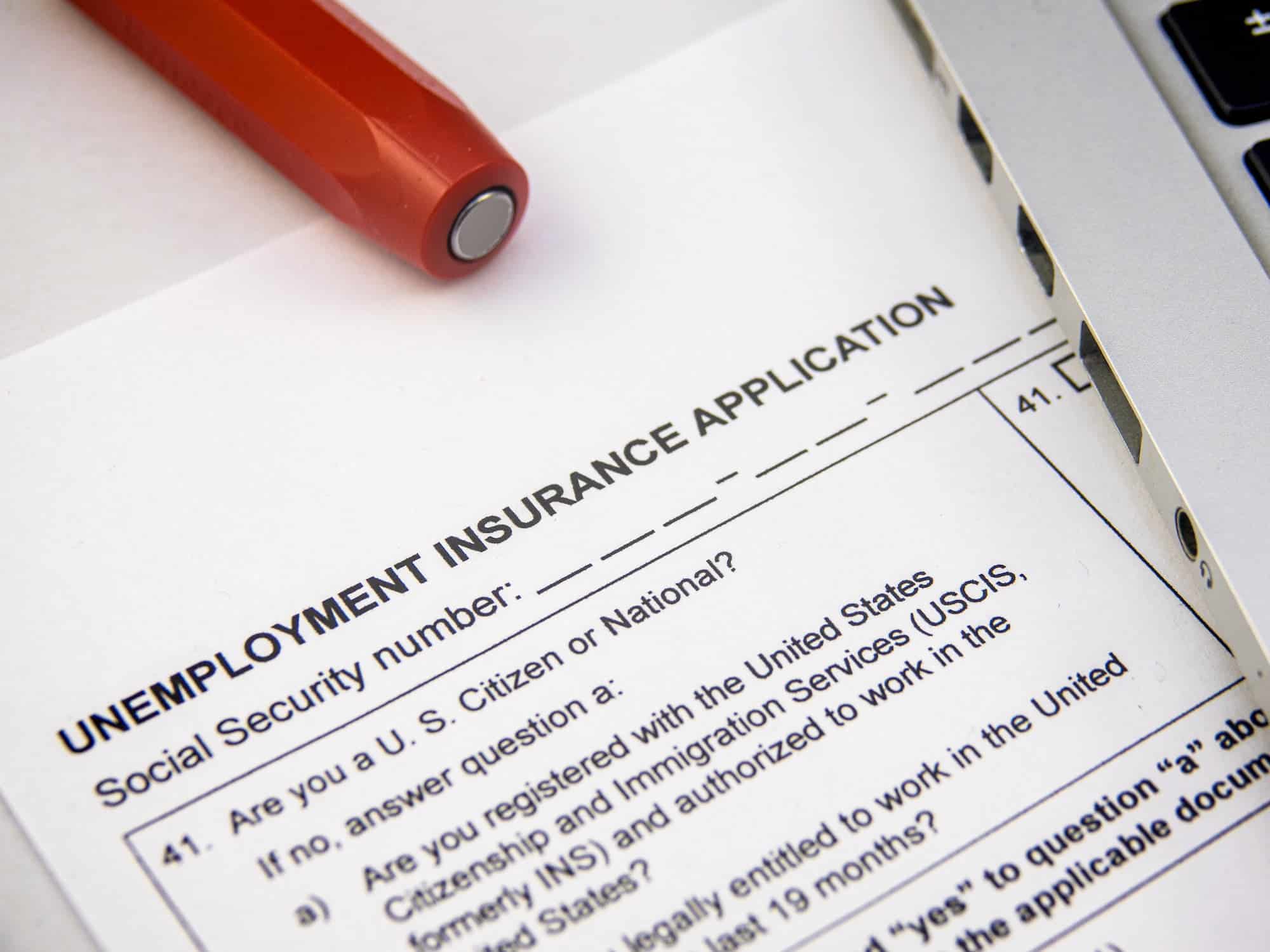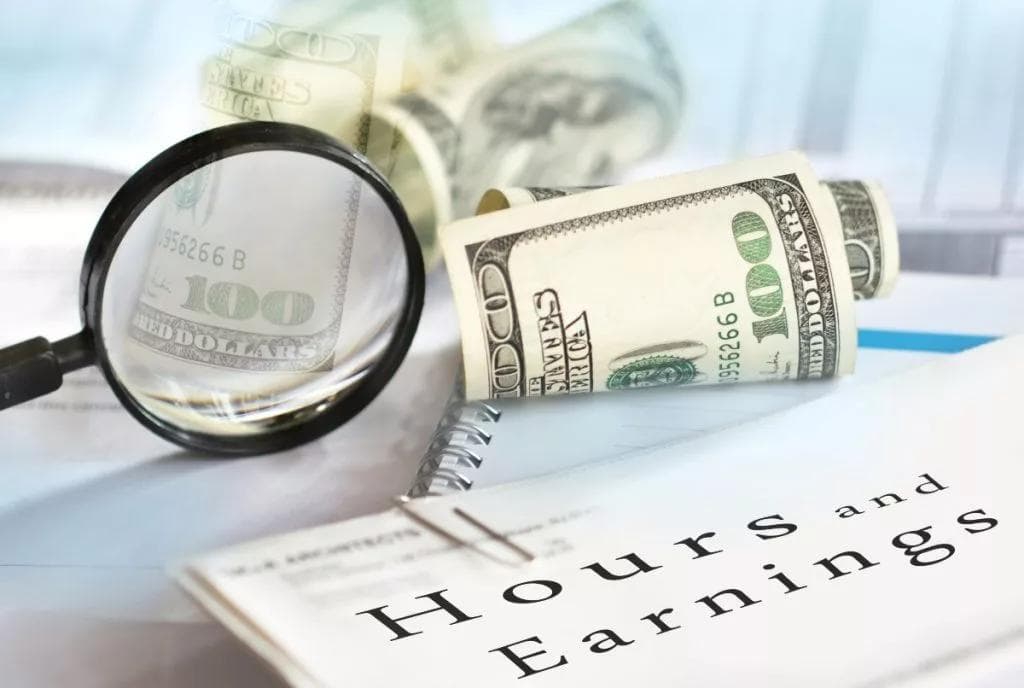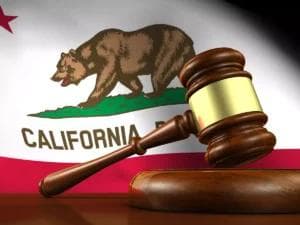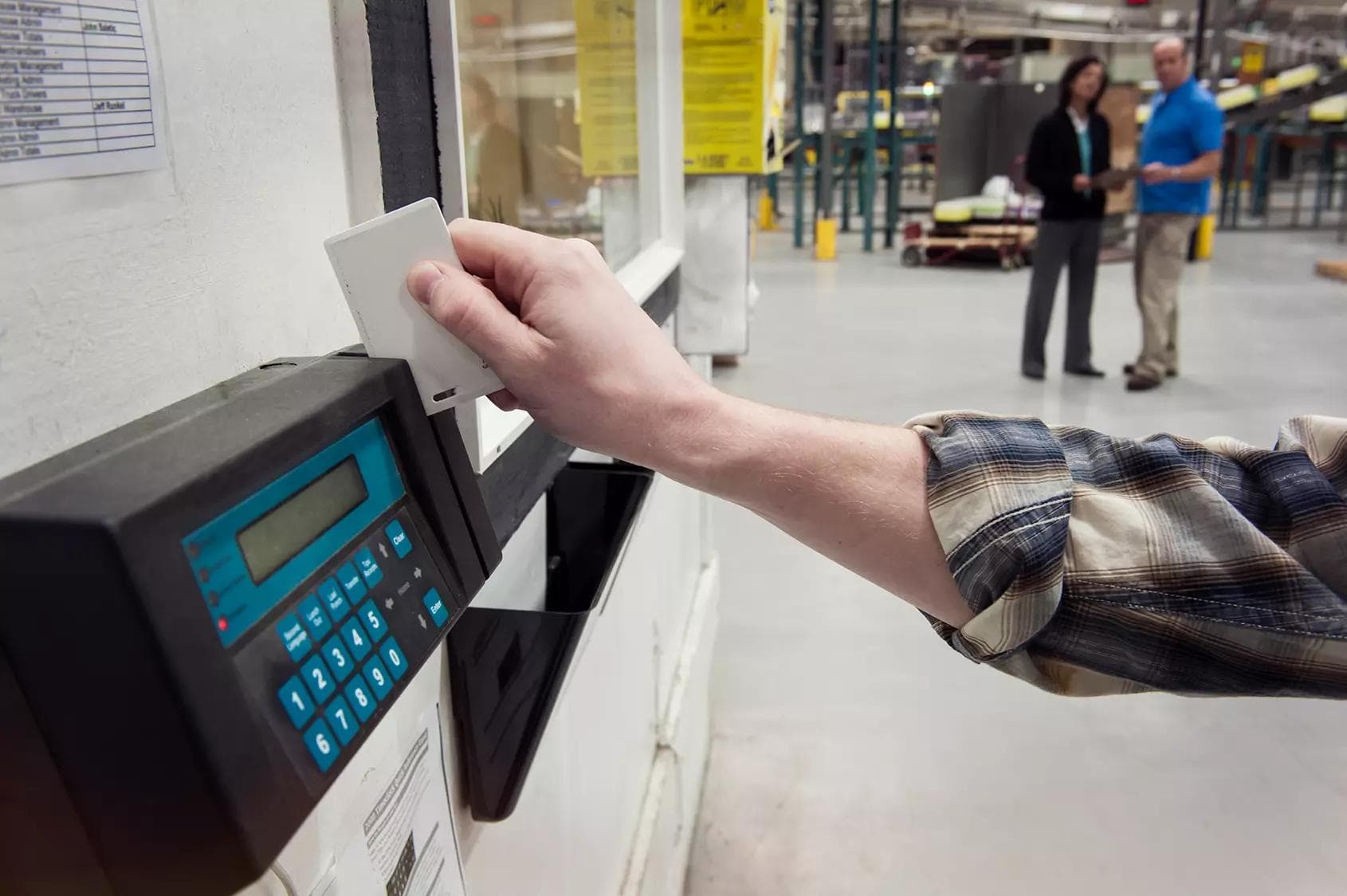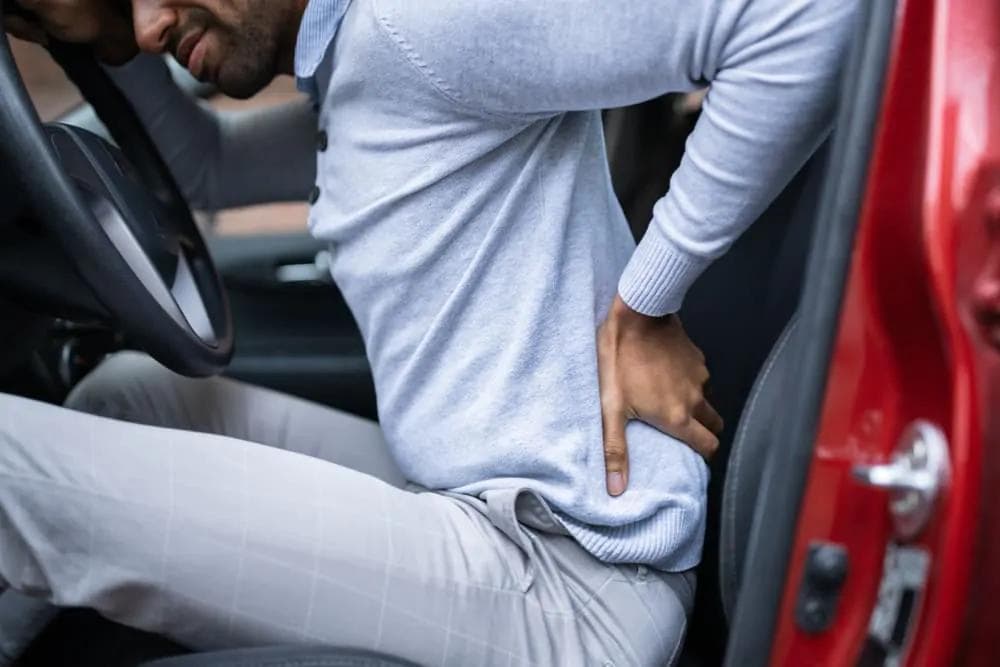
Unemployment and Lost Wages Claims in Car Crash Cases
Free ConsultationEvery year, countless Californians and visitors suffer serious injuries in auto accidents, with many unable to return to work either temporarily or permanently. This unfortunate reality underscores the importance of understanding the legal avenues available for financial relief, particularly regarding unemployment benefits and lost wage claims.
When you are sidelined by an accident, the mounting bills coupled with lost income can lead to immense financial strain. In California, you may seek compensation not only for your medical expenses but also for wages lost due to your inability to work.
How Unemployment Benefits Work in California
Unemployment benefits in California are designed as a safety net for individuals who, through no fault of their own, find themselves without work. These benefits are administered by the California Employment Development Department (EDD), providing temporary financial assistance to eligible individuals.
With auto accidents, the aftermath can be life-altering. Injuries may prevent you from resuming your regular employment duties, leading to a loss of income. In such instances, you may qualify for unemployment benefits, provided you meet certain eligibility criteria.
To be eligible for unemployment benefits in California, you must have lost your job due to circumstances beyond your control, like a car accident. You should also be actively seeking employment and be physically able to work. However, if your injuries from the car accident prevent you from working, you may qualify for State Disability Insurance (SDI) instead. SDI is a partial wage-replacement insurance plan for eligible California workers, covering temporary disabilities including those incurred outside of work like in a car accident.
Lost Wages Claims in Car Accident Cases
Lost wages refer to the income you would have earned from your job if you hadn't been injured. They cover not only the actual earnings lost during the time you were unable to work but also future earnings if your injuries prevent you from returning to work or limit your capacity to earn.
Calculating lost wages involves several elements. First, if you've missed days, weeks, or even months of work because of your injuries, you calculate these lost wages by multiplying your daily wage by the number of workdays you missed. If you're paid hourly, multiply your hourly wage by the hours you missed. For salaried individuals, divide your annual salary by 2,080 (the standard number of work hours in a year) to find your hourly wage, then multiply this by the hours missed.
However, things become more complicated if your injury has long-term consequences affecting your capacity to earn. In such cases, the calculation includes factors like the difference between what you were earning before the accident and your post-accident earning capacity, considering your qualifications, skills, experience, and the labor market conditions. This is often referred to as a loss of earning capacity claim.
Filing a lost wage claim starts with gathering evidence. This includes medical records that prove the severity of your injuries, a doctor's note stating you're unable to work, and documentation of your regular income (like pay stubs or tax returns). Once you have all the necessary documents, you submit them to the at-fault party's insurance company along with a demand letter explaining your claim.
Insurance companies play a significant role in lost wage claims. While their primary objective is to compensate for losses incurred due to their policyholder's negligence, remember, they are businesses aiming to minimize payouts. Therefore, they may scrutinize your claim thoroughly, possibly disputing the extent of your injuries, your inability to work, or the calculation of your lost wages.
This is why it's crucial to have a comprehensive and well-documented lost wage claim. A personal injury attorney can be instrumental in this process, helping you gather the necessary evidence, accurately calculate your lost wages, and negotiate with insurance companies. They can also represent your interests if your claim goes to court.
The Necessity of Pursuing Lost Wage Claims
After a car accident, the financial implications can be as distressing as the physical injuries. Besides medical bills, the inability to work can lead to a significant loss of income, making it difficult to meet your financial obligations.
Lost wage claims help you recover the income you would have earned had you not been injured. They cover not only actual earnings lost during your recovery but also potential future earnings if your injuries prevent you from returning to work or limit your earning capacity. By pursuing a lost wage claim alongside your personal injury claim, you work to secure comprehensive compensation that covers all aspects of your financial needs.
Rent or mortgage payments, utilities, groceries, and other living expenses don't stop because you've been injured. If you're unable to work for an extended period, these costs can quickly become overwhelming. Lost wage claims address this gap, providing the financial support you need to maintain your standard of living.
Pursuing a lost wage claim isn't just about recovering lost income; it's about securing your financial stability in the wake of an unexpected event. Without this claim, you risk depleting your savings or falling into debt, which can further complicate your recovery.
The Role of a Personal Injury Lawyer in Unemployment and Lost Wages Claims
Navigating the complexities of unemployment benefits and lost wage claims after a car accident can be overwhelming. This is where the experience of a personal injury lawyer can be invaluable. A skilled lawyer can guide you through these intricate processes, ensuring you receive the compensation you're entitled to.
A personal injury lawyer brings extensive knowledge of California's legal landscape to the table. They understand the eligibility criteria for unemployment benefits and how to calculate lost wages accurately. They can help gather necessary evidence, such as medical records that prove your injuries and employment documents that substantiate your income loss. This comprehensive approach increases the likelihood of a successful claim.
A lawyer can handle all communications with insurance companies on your behalf. Insurance companies often use tactics to minimize payouts, which could involve disputing your injuries or questioning your inability to work. Having a lawyer represent you can counter these strategies effectively, ensuring your rights are protected.
If your claim is denied, a lawyer can help appeal the decision. They can identify any errors in the initial claim process and correct them, increasing your chances of a favorable outcome. Where litigation becomes necessary, a personal injury attorney can advocate for you in court, presenting a compelling case for your entitlement to lost wages and unemployment benefits.
Frequently Asked Questions About Unemployment and Lost Wages Claims
1. Can I get unemployment benefits even if I've already received a personal injury settlement?
Yes, it is possible to receive unemployment benefits even after receiving a personal injury settlement. However, the specifics may vary based on your case. It's important to note that unemployment benefits are designed for those who are ready and able to work but are unable to find employment. If your injuries from the accident prevent you from working, you may not qualify for these benefits.
2. How long does it take to receive compensation from a lost wage claim?
The time it takes to receive compensation from a lost wage claim can vary widely. It depends on many factors, such as the complexity of the case, the willingness of the insurance company to settle, and whether litigation is necessary. It could take anywhere from a few months to a few years.
3. What documentation do I need to support my lost wage claim?
To support your lost wage claim, you'll typically need proof of your earnings before the accident and medical documentation attesting to your injuries and their impact on your ability to work. This might include pay stubs, tax returns, doctor’s notes, and any other relevant documentation.
4. Can I make a lost wage claim if I'm self-employed?
Yes, if you're self-employed, you can still make a lost wage claim. However, it might be more complex to prove your lost income. You would likely need to provide tax returns, invoices, and other financial documents that show your typical earnings.
5. How can a lawyer help me with my lost wage claim?
A lawyer can guide you through the process of making a lost wage claim, helping you gather necessary documentation, calculate your lost wages accurately, and negotiate with insurance companies. They can advocate for your rights and work to ensure you receive the compensation you're entitled to.
Securing Your Financial Future: The Importance of Professional Legal Assistance
The importance of pursuing lost wage claims cannot be overstated. They provide vital financial support, covering not just medical expenses but also living costs and potential future earnings. They are a crucial tool in securing your financial stability after a life-changing event like a car accident.
However, navigating these claims can be complex and challenging, especially when dealing with insurance companies aiming to minimize payouts. This is where professional legal assistance becomes invaluable. A skilled personal injury lawyer can guide you through these intricate processes, ensuring you receive the compensation you're entitled to.
At PARRIS Law Firm, we specialize in personal injury law and have extensive experience in handling unemployment and lost wage claims. Our team is dedicated to advocating for your rights and securing your financial future. If you've been injured in a car accident and are facing potential loss of income, reach out to us. We're here to help you navigate this challenging journey, providing the support and guidance you need every step of the way. Contact us today for further assistance with your claims.
To learn more about securing unemployment benefits following a car accident, explore the insights provided in this article.

